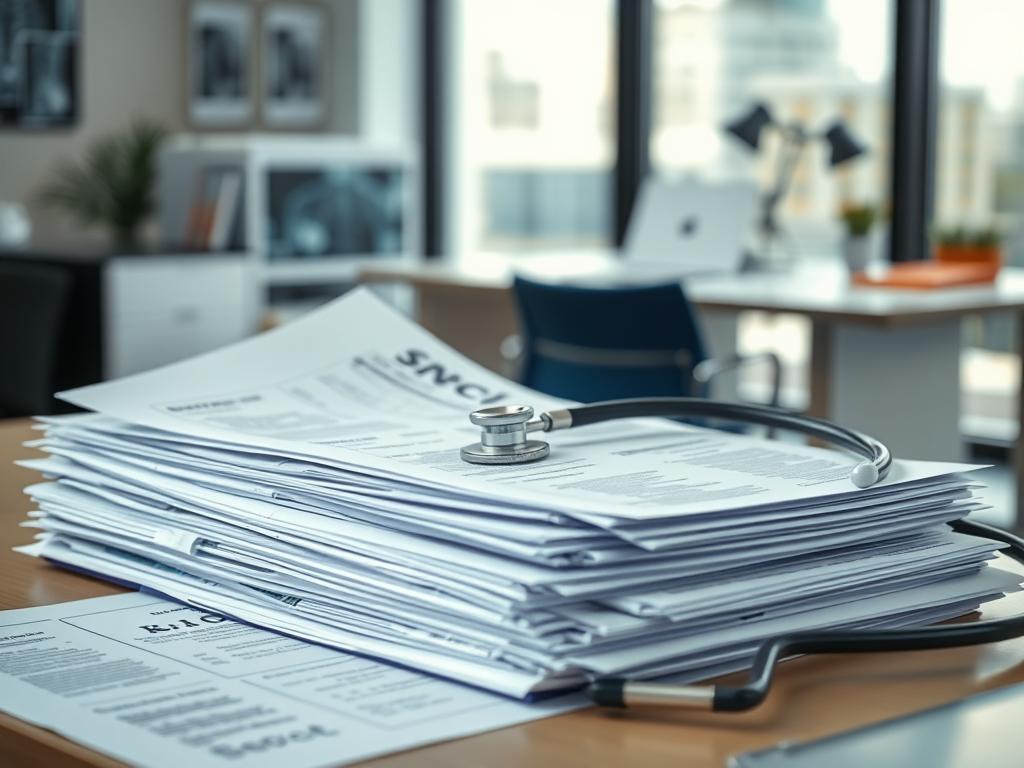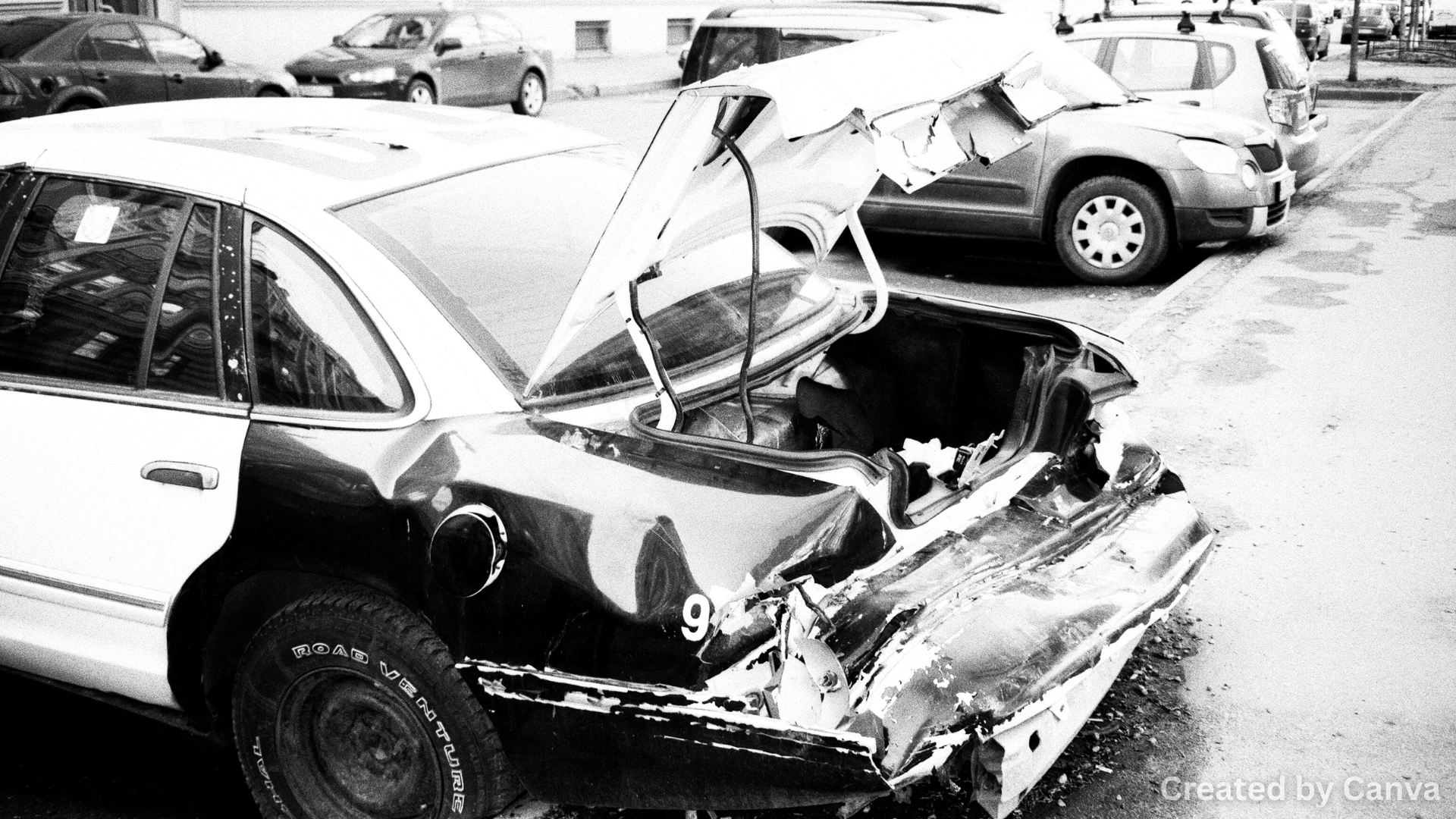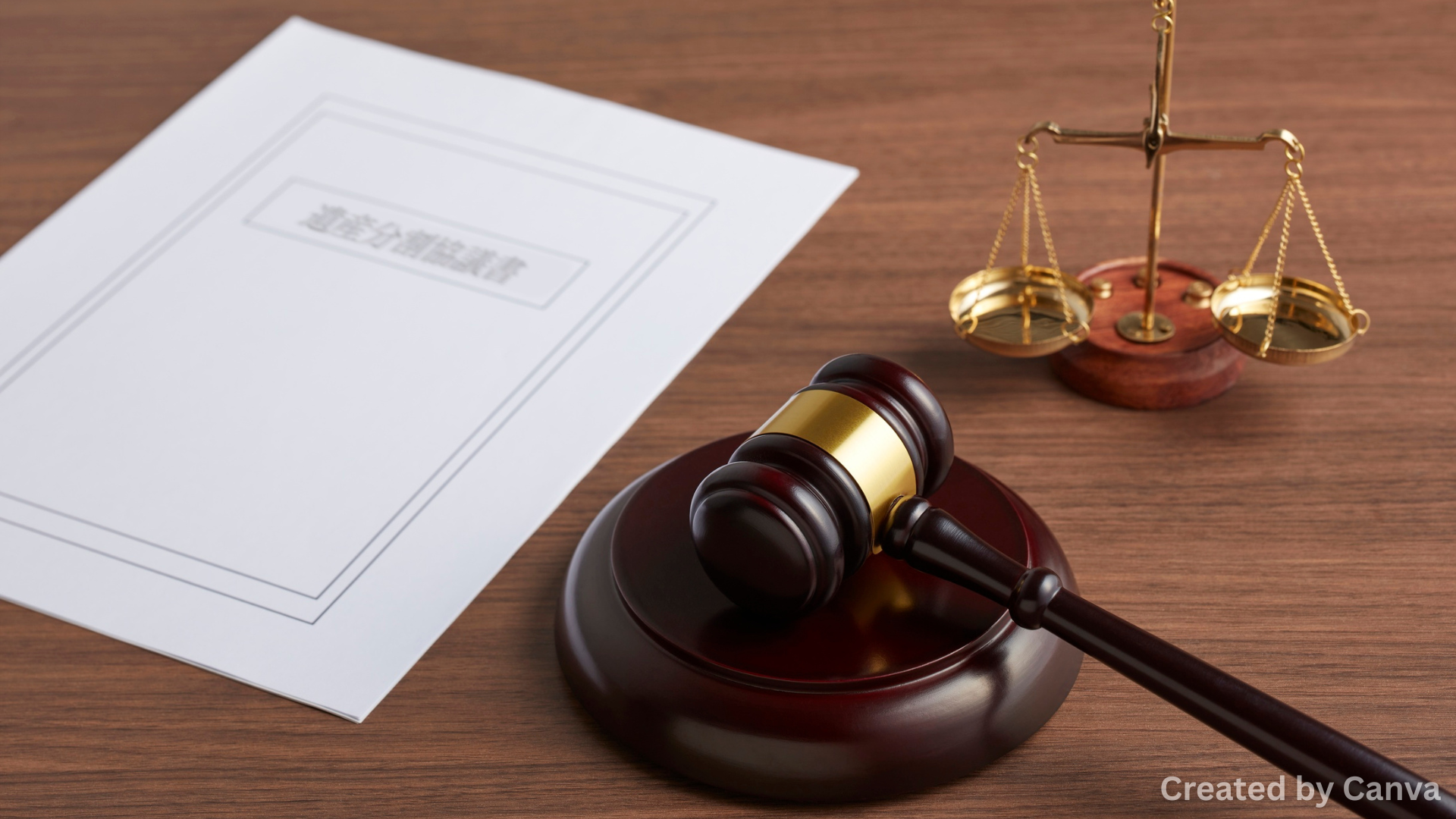Ever wonder why some get big payouts for small incidents? The secret is in their injury documentation. Quality paperwork can make or break your case.
When accidents happen due to negligence, your health records become crucial. They create a timeline that insurance companies and courts use to determine compensation.
At InjuryClaimCalculator.us, we know proper documentation is vital. It’s the backbone of your entire case. Without it, even valid claims may get low compensation.
This guide explores how health info affects settlement values. We’ll cover essential documents and expert interpretations.
Understanding this link helps you take the right steps after an accident. It protects both your legal and financial interests.
Importance of Medical Records
Thorough medical documentation can make or break a personal injury claim. At InjuryClaimCalculator.us, we’ve seen how detailed records turn uncertain claims into compelling cases. These records provide solid evidence that insurance companies can’t easily dismiss.
Medical records are the cornerstone of any personal injury case. They offer an objective account of your injuries and their severity. Insurance adjusters use these documents to assess your claim’s validity.
Without proper documentation, your case becomes a he-said-she-said situation. This weakens your position at the negotiation table. We always advise clients to seek medical attention right after an accident.
Medical records help establish causation by creating a clear timeline. They show that your injuries resulted directly from the accident. This prevents claims of pre-existing conditions or unrelated events.
Your medical bills and treatment records are crucial for calculating economic damages. Every medical interaction generates documentation that justifies your compensation claim. These expenses form the basis of your settlement calculation.
Medical records also support claims for non-economic damages like pain and suffering. They document your recovery process and show how the injury affected your life. This information is vital when calculating the full extent of your damages.
Insurance companies carefully examine these details when evaluating settlement offers. We’ve seen that claims with comprehensive medical documentation typically result in higher settlements. Incomplete records often lead to lower compensation.
The most valuable medical records for personal injury claims include:
- Emergency room reports documenting initial treatment
- Physician diagnoses and treatment plans
- Specialist consultations and findings
- Detailed medical bills showing all charges
- Prescription medication records
Gaps in treatment can severely damage your claim. Adjusters may see delays as evidence that your injuries aren’t serious. Consistent treatment and following doctor’s orders strengthens your case considerably.
Types of Relevant Medical Documents
Effective injury documentation includes various medical records. These records provide insights into your case. Comprehensive medical evidence creates a clear timeline of your injuries and recovery process.
Emergency response documentation is crucial for your medical evidence. Ambulance reports capture your condition right after the accident. These assessments include vital signs, injuries, and emergency treatments given at the scene.
Emergency room records detail evaluations of your injuries shortly after the accident. They contain physician observations, test results, and treatments given. These records are compelling evidence linking the incident to your injuries.
Hospitalization records show the severity of your condition. They include nursing notes, medication records, and daily physician assessments. Surgical reports document procedures, providing evidence of trauma severity and necessary interventions.
Doctor’s notes chronicle your symptoms, limitations, and progress throughout recovery. These assessments create a narrative of your healing journey. Specialist consultations add weight to complex injury claims with expert opinions.
Physical therapy records show ongoing impairments and your commitment to recovery. They include functional assessments, treatment plans, and progress notes. These documents illustrate how injuries affect daily activities.
Diagnostic imaging provides visual evidence of injuries. X-rays, MRIs, and CT scans offer proof of fractures and internal injuries. These visual records are often persuasive in settlement negotiations.
Mental health records may document psychological impacts like anxiety or PTSD. They show that personal injuries extend beyond physical harm. These records can prove how injuries affect your quality of life.
Prescription records show medications needed for pain management or recovery. They provide evidence of injury severity and ongoing symptoms. Medical billing records establish the financial impact of your injuries.
At InjuryClaimCalculator.us, we help clients understand how each document type contributes to their case. These records are vital in building a strong claim for fair compensation.
How Records Affect Settlement Amounts
Medical records greatly impact personal injury settlement calculations. They provide crucial evidence for insurance companies. Thorough documentation often leads to higher compensation amounts.
These documents turn abstract claims into concrete figures. They help insurance adjusters and courts evaluate your case. Let’s explore how medical records influence your settlement amount.
The Foundation of Economic Damages: Medical Bills
Medical bills are key for calculating economic damages. They show all expenses related to your injury treatment. Proper documentation ensures full reimbursement for your medical costs.
Insurance adjusters carefully review these records. They check if treatments were necessary and reasonably priced. Detailed and organized medical billing is vital for your case’s success.
Medical records also help estimate future medical costs. For serious injuries, they show anticipated treatment needs. This ensures these potential expenses are included in your settlement.
Impact on Non-Economic Damages
Consistent and frequent treatment records affect non-economic damages like pain and suffering. Regular medical visits showing ongoing symptoms typically result in higher compensation.
Detailed descriptions of how injuries affect your daily life strengthen quality-of-life damage claims. Physician notes on chronic pain or mobility limitations provide powerful evidence.
Establishing Clear Causation
Medical records link your injuries to the accident. This prevents insurance companies from blaming pre-existing issues. Clear causation documentation is crucial for your claim.
Seeking immediate medical attention creates a clear timeline. This strengthens the connection between the incident and your injuries.
The Power of Objective Findings
Objective medical evidence carries significant weight in settlement negotiations. X-rays, MRIs, and lab tests provide irrefutable proof of injuries. These records often lead to higher settlements.
Following all recommended treatments and keeping complete records is essential. This approach supports your recovery and maximizes potential compensation. It provides comprehensive documentation to support every aspect of your claim.
Working with Medical Experts
Medical records don’t tell your whole injury story. Expert opinions can turn complex medical info into powerful evidence. This evidence can boost your settlement value significantly.
Medical experts offer key benefits to injury claims. They explain technical terms clearly for adjusters and juries. This helps link your injuries to daily challenges.
Expert witnesses prove how accidents caused your injuries. This is crucial when insurers blame other factors. Specialists also predict future treatment needs, supporting claims for ongoing expenses.
Various experts may review your case:
– Your treating physicians who managed your care
– Independent medical examiners who evaluate your condition specifically for legal purposes
– Specialists in fields like neurology, orthopedics, or psychology who analyze your records
Expert testimony based on solid medical proof can make a big difference. It often leads to fairer settlements. Our team can help find the right experts for your claim.






